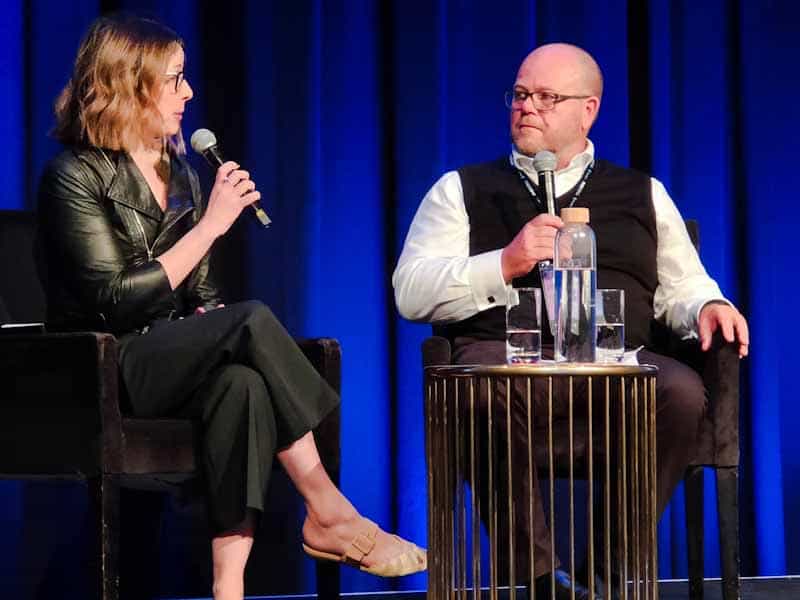A whole generation of workers has grown up believing that if they are having a hard time at work, if they are not coping with the workload or the sexual advances of their boss, or their difficult workplace, or the discrimination they feel about their gender or their sexuality, that it’s their fault, and it’s their problem, and therefore, it’s their role to solve and fix it. But there were generations before the current one, and I’m from one of those earlier generations. When I started work, there was good work and safe jobs, and there were social movements for women’s rights, and then gay rights and dignity at work, and respect at work. It was far from a paradise, but there was exciting progress and lively, challenging debates and social protests. A little of that passion has returned this decade, but more is needed.
Category: employers
Slow progress on mental health at work
Delegates at the recent Psych Health and Safety Conference were desperate for case studies on how psychosocial hazards are being prevented in Australian workplaces. Instead, they were largely presented with examples of how to manage psychosocial hazards, and many of those strategies were unsurprising – policies, training, counselling, leadership buy-in – and were familiar to those who have been applying well-being programs in their workplaces for years. Several speakers called these strategies bullshit. The most vocal of these speakers was David Burroughs, who was at the conference in a personal capacity.
Questionable deterrence value in Industrial Manslaughter penalties
New South Wales is the latest Australian jurisdiction to introduce a penalty for Industrial Manslaughter (IM) in its occupational health and safety (OHS) laws. One of the primary aims of significant penalties like IM is to deter others from making similar negligent decisions related to workplace health and safety. But deterrence is a fickle beast.
The psychosocial message may be getting through
Recent Australian insurer Allianz released survey data that revealed:
“….half of surveyed Australian employees claim they feel fatigued and burnt out”.
This report generated a recent article (paywalled) in the Australian Financial Review (AFR), which included some important comments from Dr Rebecca Michalak. Her comments are an important introduction to a week that includes SafetyAtWorkBlog’s exclusive reporting on The Psych Health & Safety Conference.
A mental health book for leaders and HR professionals
Australian lawyer Fay Calderone has published a book called “Broken to Safe – Tackling Toxic Workplace Cultures and Burnout”. The intended readership seems to be “leaders” and Human Resource (HR) professionals. Occupational health and safety (OHS) is mentioned occasionally, but OHS professionals will find much to frustrate them about this self-published book.
Is Victoria still committed to its psychosocial regulations?
Victoria’s Minister for WorkSafe, Danny Pearson, has emerged from the occupational health and safety (OHS) wilderness to restate his commitment to introducing legislative amendments on psychosocial hazards at work. He has been stalling on these for a very long time, but he has recently provided an update to Parliament.
Broadening the OHS perspective
Over the last decade, the occupational health and safety (OHS) profession has been challenged by a new perspective on OHS and its professional interaction with it. Safety Differently, Safety II or some other variation are important and intriguing variations, but they seem to remain confined to the workplace, the obligations of the person conducting a business or undertaking, and/or the employer/employee relationship. The interaction of work and non-work receives less attention than it deserves.
Many OHS professionals bemoan OHS’ confinement to managerial silos but continue to operate within their own self-imposed silo. One way for OHS to progress and to remain current and relevant is to look more broadly at the societal pressures under which they work and how their employees or clients make OHS decisions. Some recent non-OHS books and concepts may help.







